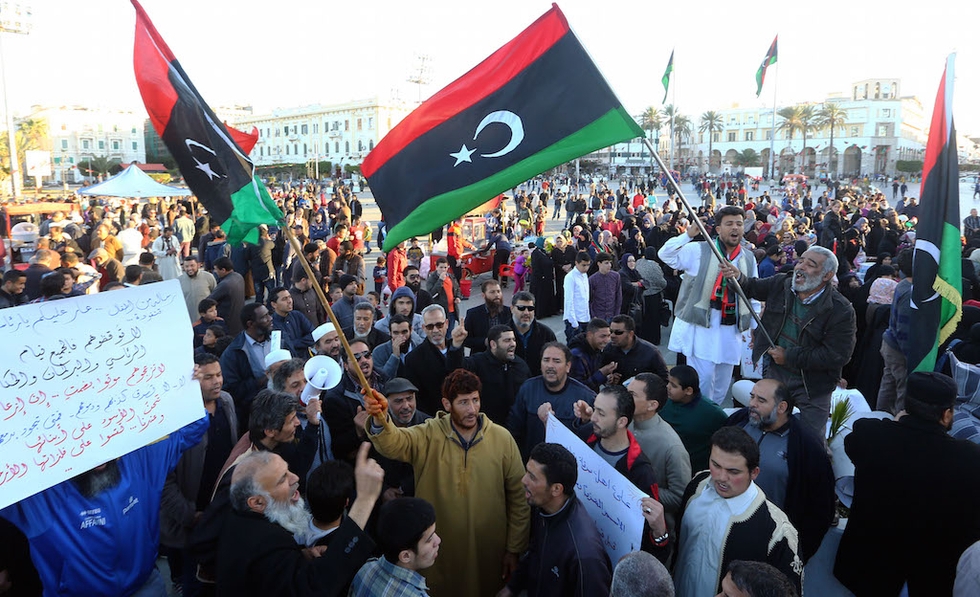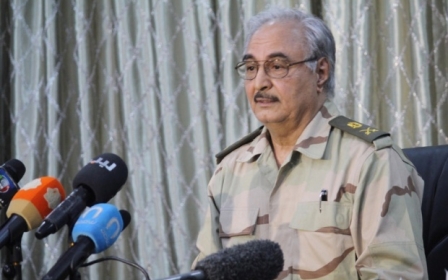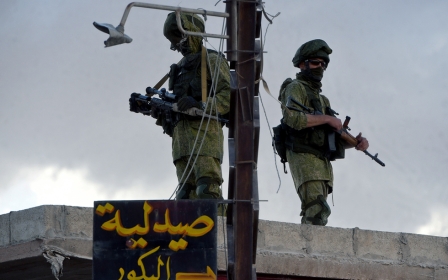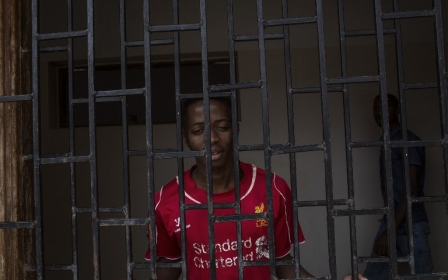UN hears of human rights violations amid Libya fighting

Fighting in Libya's oil coastline region this month has been marked by human rights violations while attacks are likely to worsen in coming days, UN human rights spokeswoman Ravina Shamdasani said on Tuesday.
"Credible reports suggest that unlawful killings, including summary executions, hostage-taking, arbitrary detentions, torture, as well as widespread raids of civilian homes have been occurring, particularly in the towns of Ajdabiya, Benghazi, Brega and Beishir," she told a regular UN briefing in Geneva.
The violence has flared since March 3 when the Benghazi Defence Brigade (BDB) attacked the "oil crescent" area, between the ports of Ras Lanuf and Brega, while the Libyan National Army responded with air strikes.
The UN received allegations of the summary execution of two LNA fighters in the Ras Lanuf medical centre on March 3, followed by LNA raids on homes of BDB supporters.
The allegations were credible and the victims were reportedly shot in the head, Shamdasani said.
LNA fighters detained more than 100 men and boys as young as 13 during the subsequent raids, as well as stealing money and beating and insulting residents, according to the latest information provided to the UN.
"We have received reports that those detained have been subjected to torture and threats," Shamdasani said, adding many families have no information on the whereabouts of their male relatives, who are being held incommunicado.
Shamdasani said the UN was deeply alarmed that LNA fighting might escalate, leading to further human rights abuses against civilians.
The LNA launched a ground offensive on Tuesday to recapture the oil port of Ras Lanuf, one of two terminals they lost control of earlier this month, a senior military official said.
New MEE newsletter: Jerusalem Dispatch
Sign up to get the latest insights and analysis on Israel-Palestine, alongside Turkey Unpacked and other MEE newsletters
Middle East Eye delivers independent and unrivalled coverage and analysis of the Middle East, North Africa and beyond. To learn more about republishing this content and the associated fees, please fill out this form. More about MEE can be found here.




